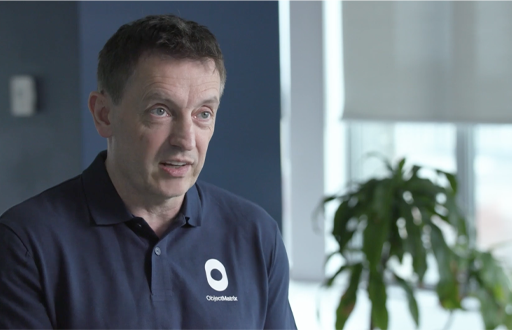Digital knowledge management
Digital Knowledge Management (DKM) is a key digital capability, which is integrated throughout the Jisc Digital Capabilities framework. DKM is the process of identifying, collecting, documenting, organising and storing digital information and knowledge so that everyone, including computer-automated systems, can find and access the information with ease. Increasingly, it covers how the digital tools and systems within your organisation are connected and ‘talk’ to each other, and how they are used.
At an organisational level there will be specialists who understand and design workflows, develop technology and produce policies and guidelines to support everybody. However, everyone in an organisation needs to have an understanding of the behaviour required to manage knowledge effectively.
At a basic level this includes:
- saving files to the correct location
- not keeping files on your own hard drives
- backing up files regularly
- not duplicating copies of files, and saving them in more than one place
- adding correct file names and metadata.
Managing your digital world effectively is probably the most useful digital capability you can learn. The acceleration in collaboration tools and ‘machine learning’ applications and systems requires better digital knowledge management, so that organisations and individuals can thrive in a digital world.
Activity 19 How do you manage digital media assets?
Many HEIs are starting to create more digital media assets such as audio and videos. As you watch the video below, in which Jonathan Morgan, CEO Object Matrix Ltd, shares how Object Matrix manages data and digital media assets, and their security and governance, consider how your organisation manages digital media assets.

Transcript
Then take some time to familiarise yourself with your own organisation’s policies and guidance for managing data.
You may wish to make notes in the box below.
